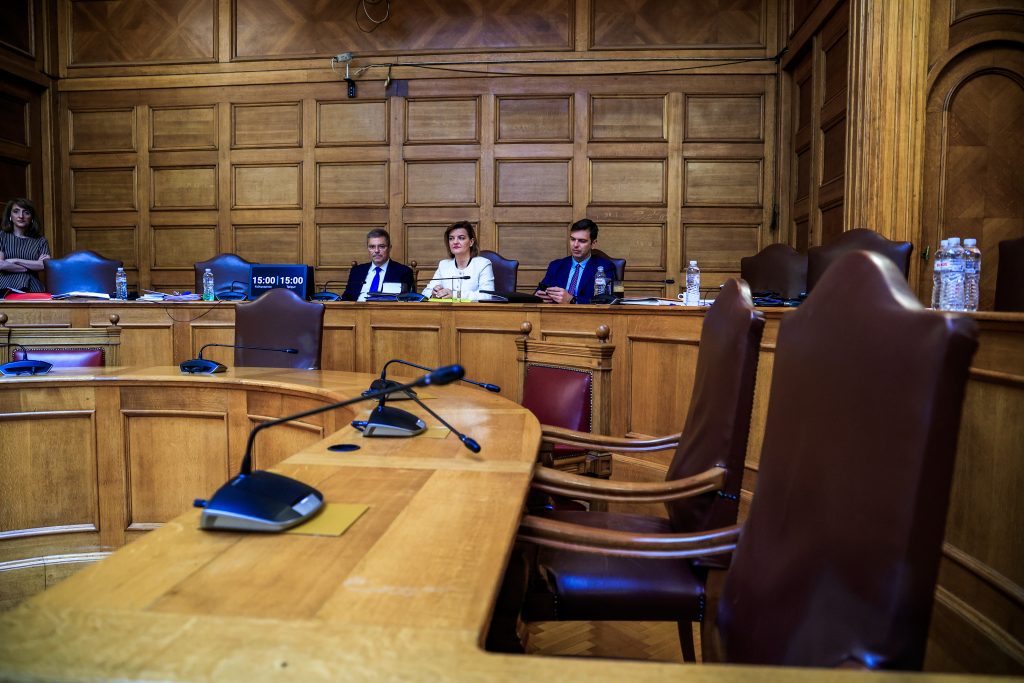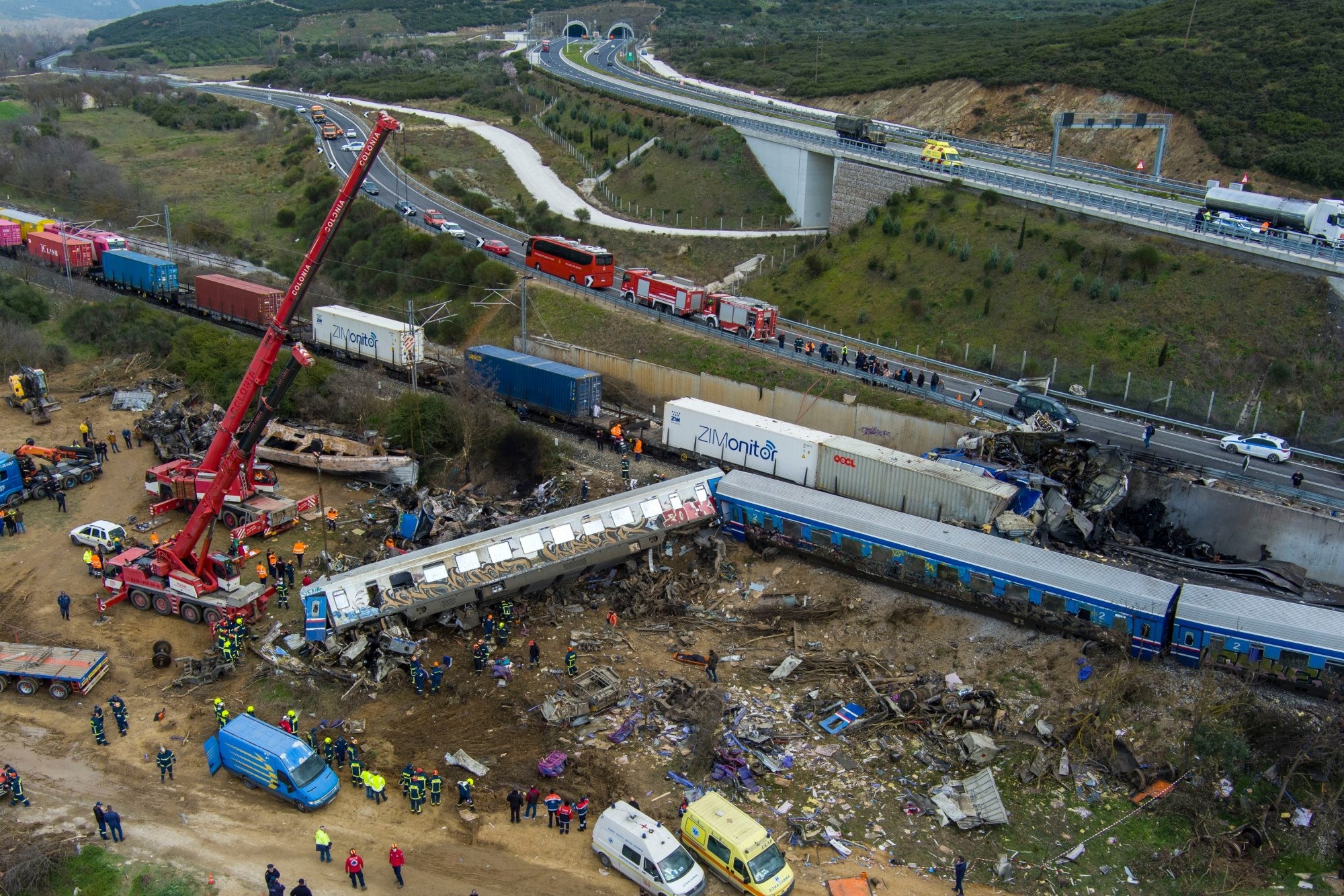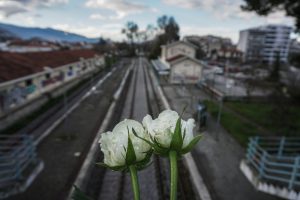A Greek government report into the country’s deadliest rail accident — the Tempi train disaster — has come under intense scrutiny after two European universities denied involvement in its findings.
The accident occurred on February 28, 2023, when a passenger train carrying over 350 people collided head-on with a freight train near Tempi, in central Greece. The crash killed 57 people, many of them university students, and triggered national outrage over longstanding safety failures in the country’s rail network.
The report in question was produced by Greece’s official agency for investigating accidents in railway and urban mass transport systems (EODASAAM). Intended to shed light on the causes of the disaster — including the massive fireball that erupted following the collision — the report claimed to incorporate expert input from several European research institutions.
But both Ghent University (Belgium) and the University of Pisa (Italy) have publicly denied providing formal support. Ghent researcher Georgios Marangos told Greek fact-checking site Ellinika Hoaxes that the university had “never been asked to investigate the causes of the fireball” which led to the death of around 30 persons on the train after the collision, and only provided informal comments on preliminary simulations sent by a Greek expert. Ghent also stated it disagreed with the report’s findings and objected to how its name was included.
Similarly, the University of Pisa sent a letter to EODASAAM requesting that all references to the institution be removed. “We did not sign any agreement,” the letter reads, emphasizing that the report was “neither reviewed nor approved” by the university.
The revelations raise serious questions about the credibility and transparency of the official investigation. They come as a parliamentary committee prepares to conclude its inquiry into the disaster and potentially refer a former Deputy Minister of the incumbent political party, Christos Triantopoulos, to judicial authorities.
With Greek society still reeling from the tragedy, the integrity of the investigative process remains a matter of public trust — and national accountability.






